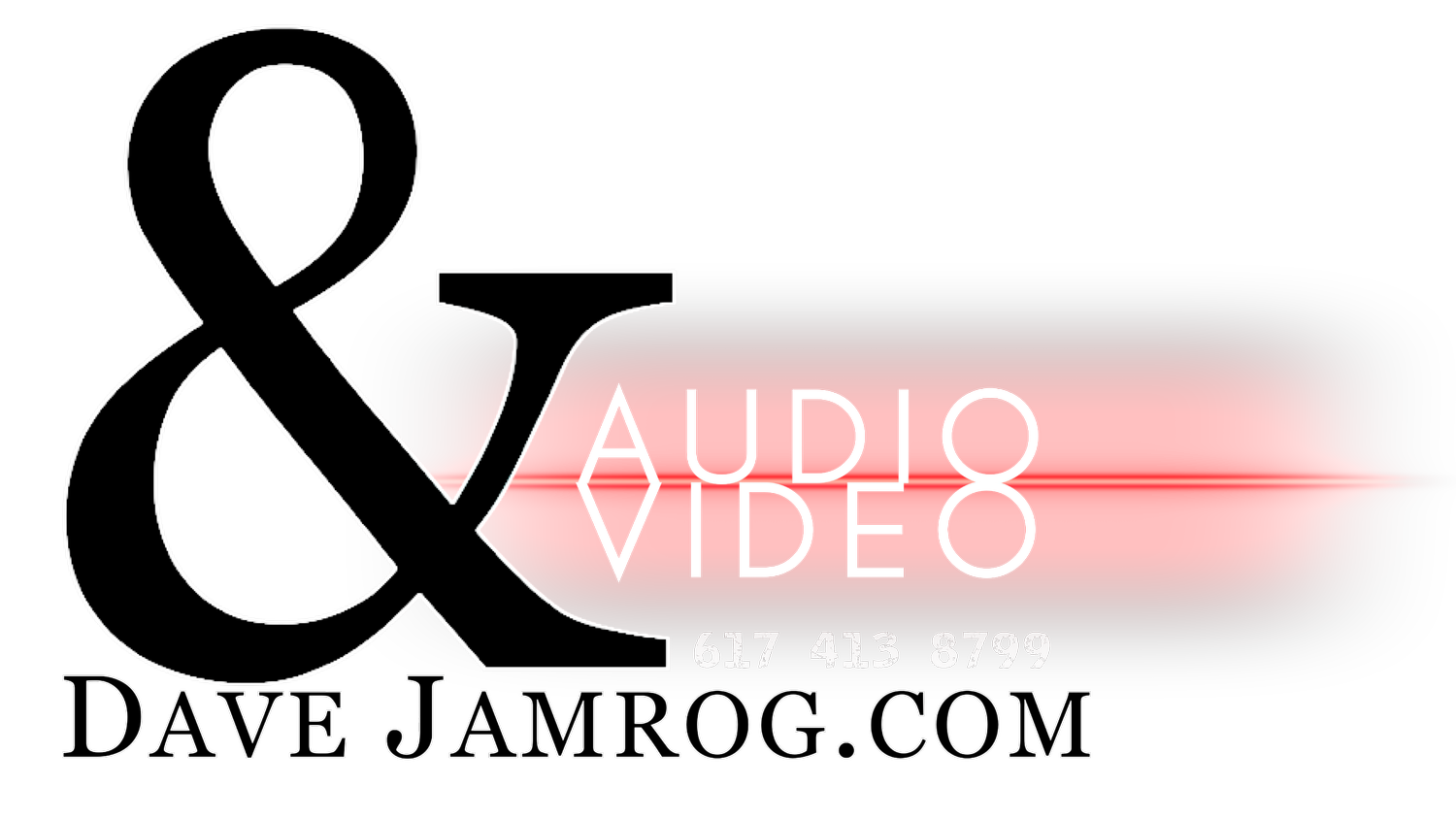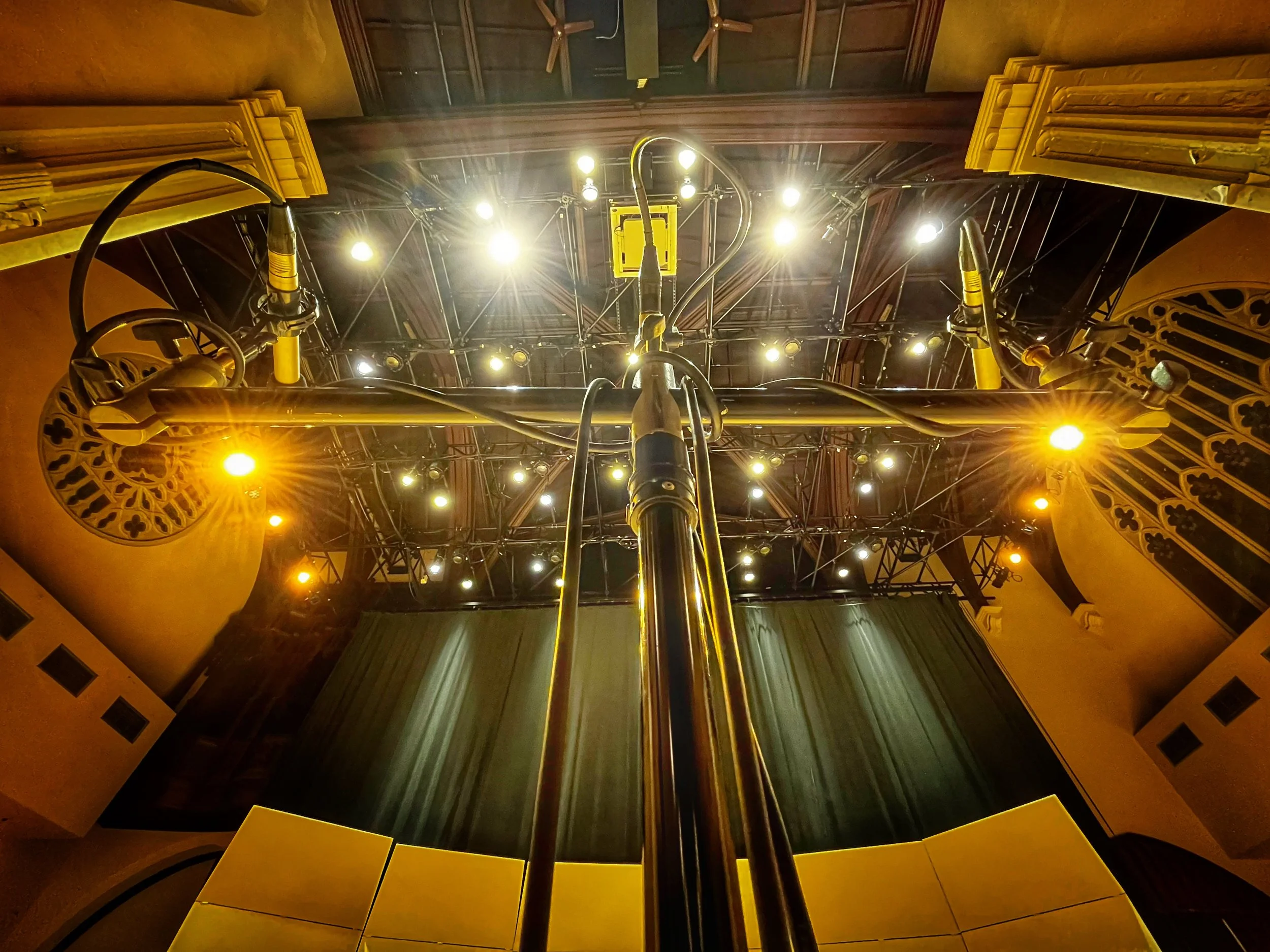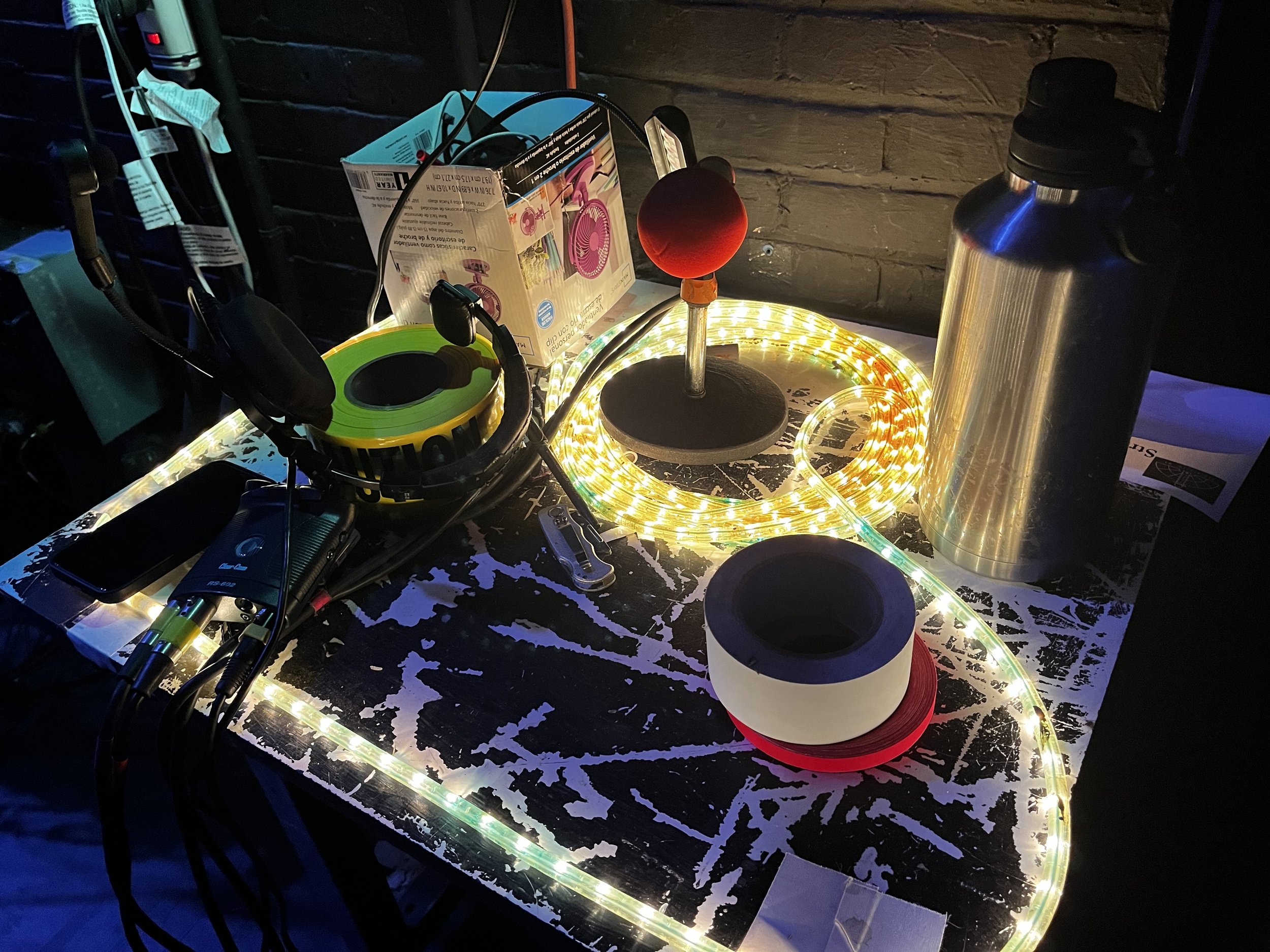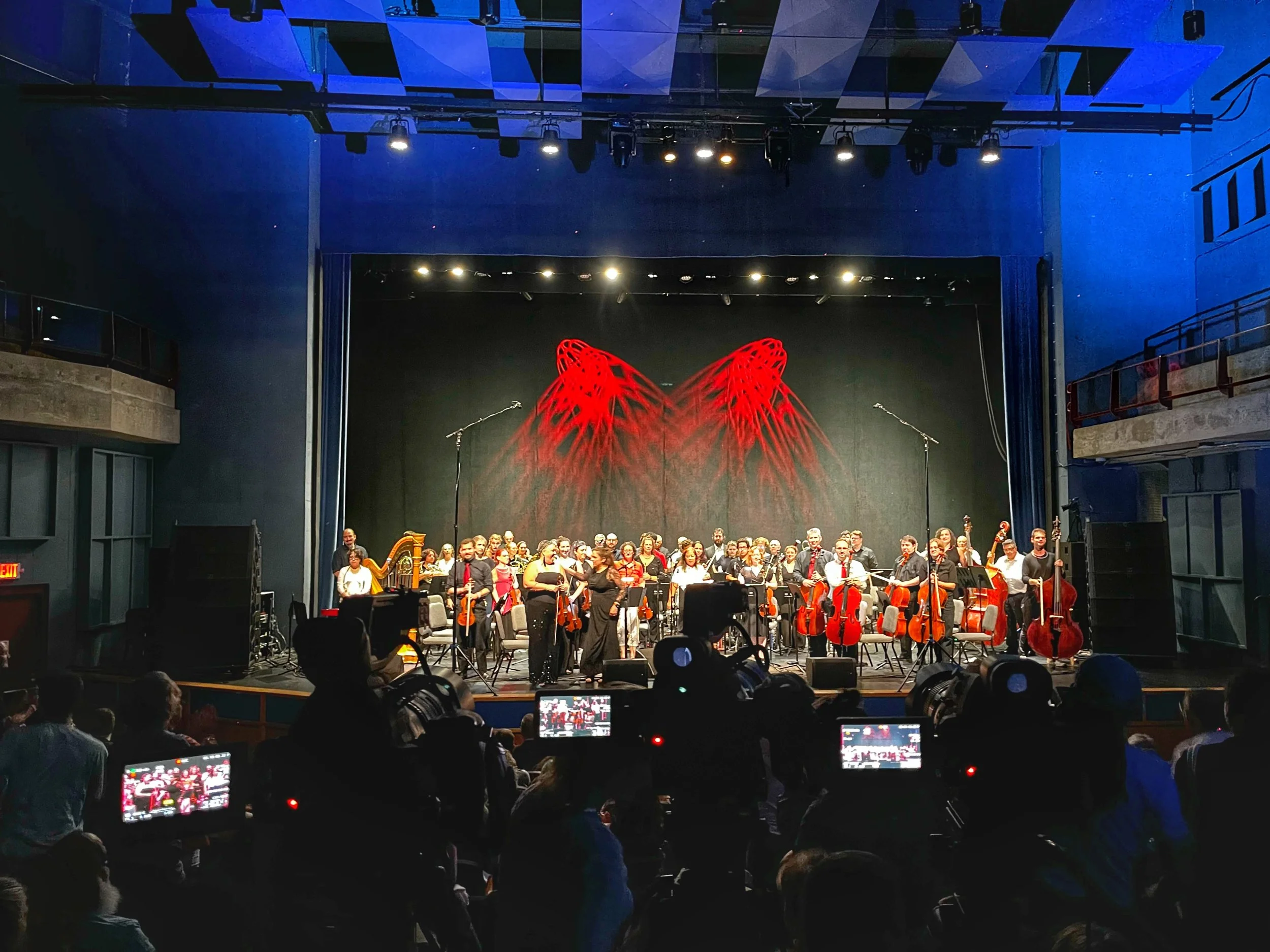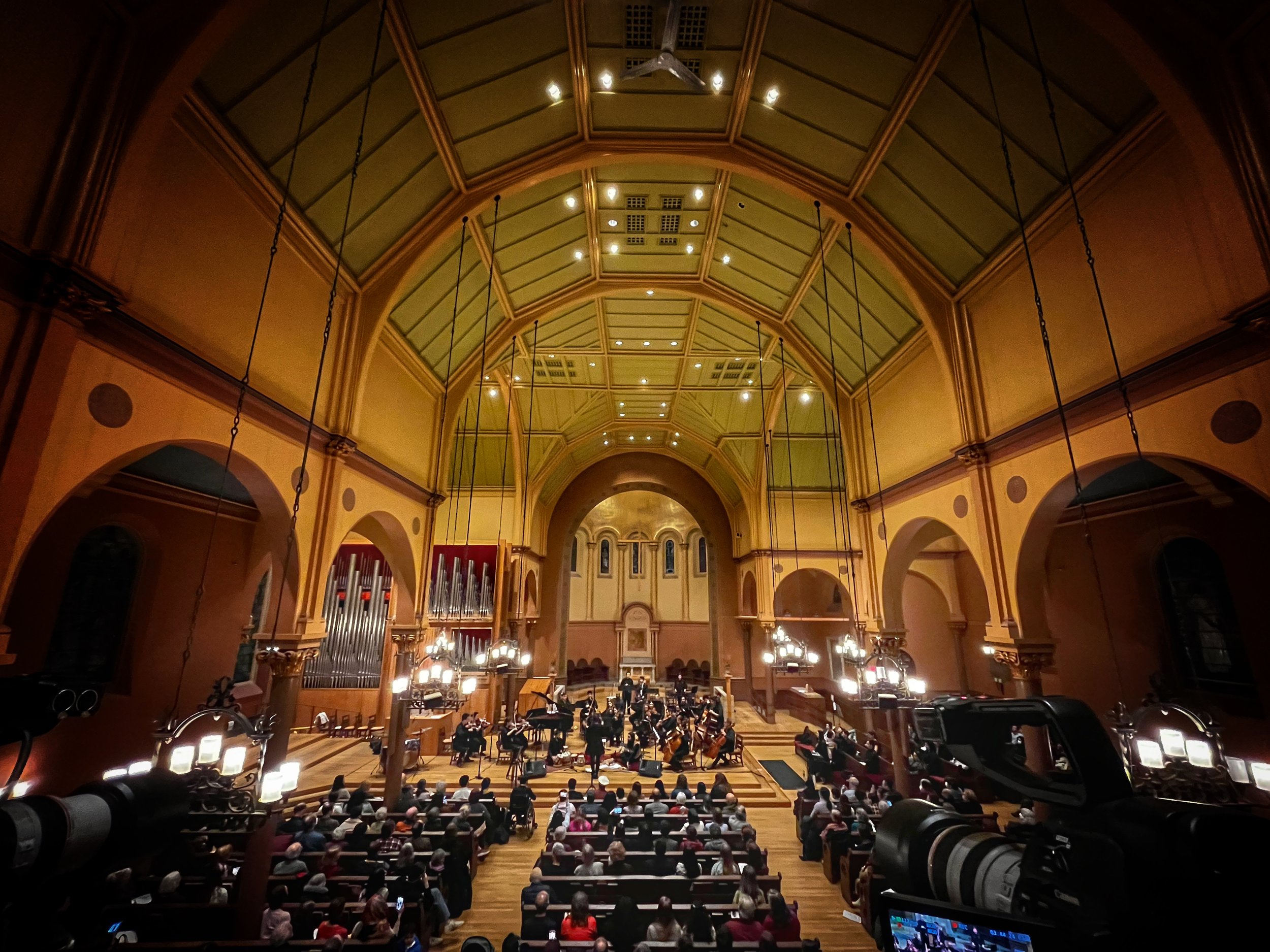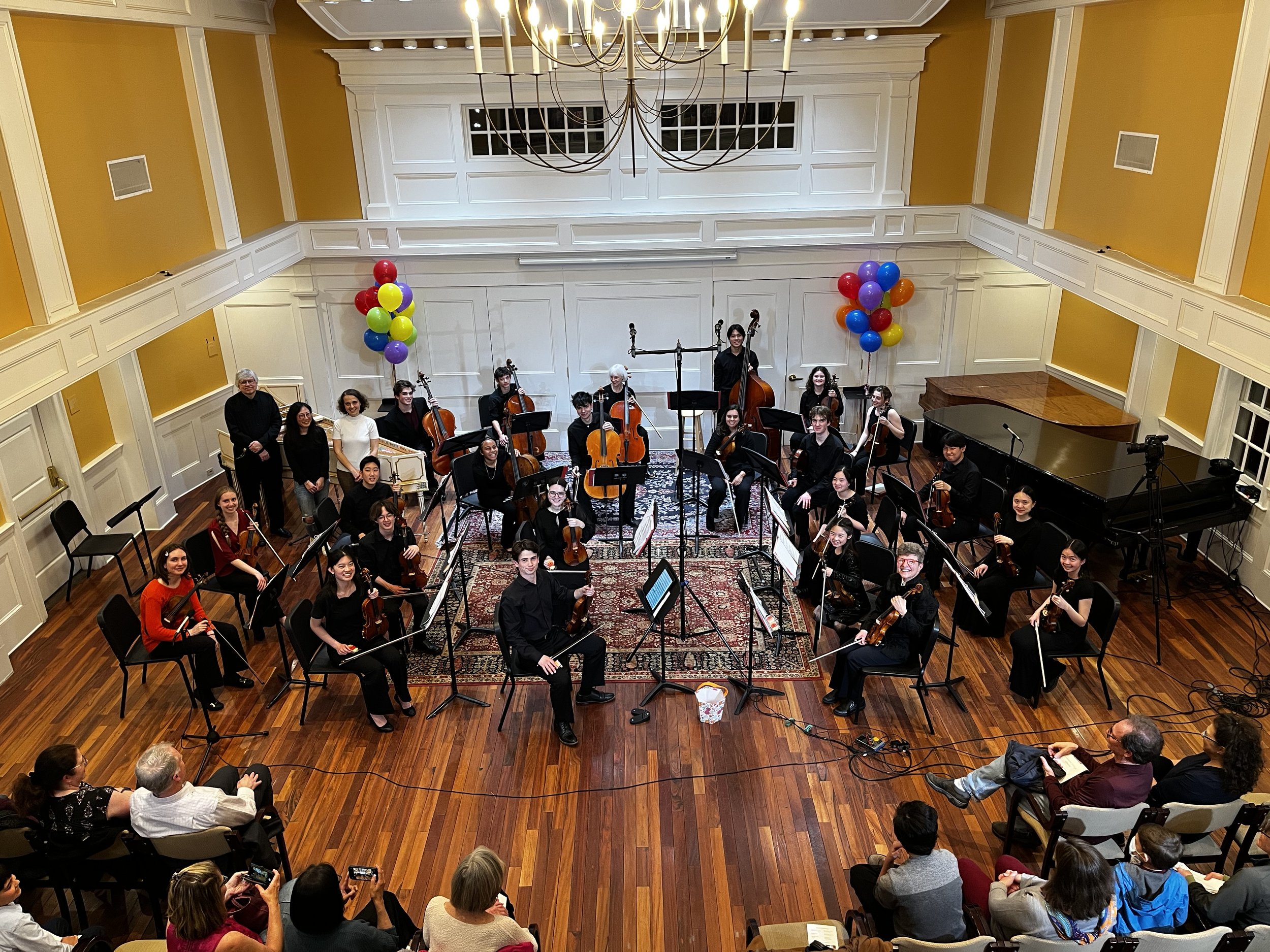FREQUENTLY ASKED QUESTIONS
Professional vs. Do It Yourself….
Why worry about your video?
I work for dozens of amazing artists, inspiring producers, presenters and administrators, who on any given day-of-show are busy playing, presenting or otherwise admin-ing... The last thing a Soloist, Conductor or Executive Director wants to be doing is trying to set up a camera to record a video..
You should be warming up, focusing, talking to your audience, selling tickets, fundraising with donors... in other words, if you trust this video part to me, you will not only get better results, you will have fewer things on your plate and can play your recital, conduct Mahler, lead your Dance Troupe, take selfies with your friends... you can stay in your creative space, be yourself and do your job better.
Here are some other thoughts to consider as you bring in an expert.. (see below for detail)
• Consultation & Planning
• Skill & High-Quality Equipment
• Expertise & Creative Vision
• Efficiency & Consistency
• Peace of Mind... Why worry about it?
Skill & High-Quality Equipment:
As an audio engineer as well as a videographer for many years, my access to resources like equipment, technical knowledge, venues and experience has become critical to capturing and bringing to life the creative production assets my clients' content materials require. From pro sound to relevant multi-camera angles, adaptive lighting, musical and visual composition… as a musician you won't have to spend time explaining to me how to shoot music, we can focus in on what is important and unique to your project and your team.
Expertise & Creative Vision:
Visualizing the score of the music or presentation, and creating an audio & visual narrative that is true to the source is my goal. It depends on knowledge, innovation and vision, both in live concert halls and recording sessions. Using recording & editing techniques for production that are especially made for live music recording and livestreaming go beyond just technical skills... Whether it's our first project collabo or you are a legacy client for 10 years, I try to bring a creative perspective to conceptualizing performances, engineering ideas and tech that will align with your vision of what the product should be.
Efficiency & Consistency:
Anyone can DIY a video, but it takes an experienced person to make THE video. Your audience sees artists and presenters spend so much time on their process and practice to prepare to do their best, and the videos should reflect that as well. Everyone’s time and generative energy is valuable, so planning, shooting, and editing a video efficiently should be easy. Additionally, professional musicians, orgs and brands, need to maintain a consistent look and feel across multiple videos, integrate into your website or other branding guidelines, delivered on deadline, in the correct format and be available to you for download, publishing, or posting.
Pre-Production Consulting:
Consulting about all details, pre-production tech planning, working with you and your teams, and showing up early day-of-show are critical for a third party technician. I believe it's so important when collaborating with venue admins and house staff and box office, (whatever it takes!) to be positive and helpful on a site visit. It is really not difficult to design tech plans that get great results quickly and easily, if you know what you are doing, don’t cause problems or ruffle feathers, but lend excitement and good energy to the project collaboratively.
Knowing how to cooperate with your venues and respresenting you well is good for you and your organization. Most people want to do a good job, but honestly sometimes I see volunteer or novice videographers showing up 5 mins before a show, or setting up a “Dad-cam” in the aisles and all production staff saying “Oh no!” That kind of stuff really makes a hard job harder for artists and venues when getting in the way, or creating more work making it harder and causing unneeded stress for other people.
Peace of Mind - Why worry about it?
My job is to make everything EASIER! You probably have 1,000 other things to do, so why not let someone else do it? I make stuff every day and I love it, so take the worry off your plate. I got this. Plus, unexpected challenges can arise during shows, technical glitches arise at the least opportune times or you may even just plain run out of time, space or energy. I'm equipped and chances are I've seen it before and have planned a redundancy so we can fix things and continue without compromising the project's quality.
Thanks so much for reading.. Let me know what you think!
-DJ dave@davejamrog.com
TOPIC:
Booking an Audio /Video Recording session for audition materials.
What do you need in the end?
Most of the time the answer to this is- several files of repertoire/pieces to include when I upload my applications online. Knowing exactly what content you need in the beginning can make the process less stressful and lead to success in putting your best foot forward.
Check the requirements for your application to get specifics, and check with your teacher/coach (if applicable) to determine what repertoire will showcase your abilities in the best light to the people listening to you.
Requirements for a supplemental music recording to M.I.T. will look much different than a required pre-screening video to Juilliard. Each major and instrument may have their own requisites. Check in advance of your session so there are no surprises… The org that you are applying to will want you to understand this so call them and ask!
I have recorded 100’s of sessions that have helped people represent themselves to many of the world’s top performing arts programs, competitions and presenters.
Step one: Your Production Needs-
Book your engineer - Audio Engineer / Videographer:
ALERT!
Not all videographers record sound for music! There are special equipment needs and specific techniques required to record sound for music, and it can also vary depending on what style of music. (That’s where I come in as both an experienced audio engineer AND arts-minded videographer) Anyone that’s any good at this will be busy so book in advance! There will also be time to process so the sooner the better.
Book your venue: Chances are your teacher or your school/organization has a hall to record in or acess to spaces that match your needs..but you may need to seek out a space. There may be a special sign-up or sign out process, fees etc.
Book your piano (if needed) or Move it out of the way! (if not needed!)
It is hard to find a venue with a good piano, even harder to find a really great piano. Definitely ask and specify that you need a piano and that it is unlocked. Ensure the piano is tuned before your session. Conversely if there is a big piano in the middle of the space, definitely ask before you move it. Some places may fine you for moving the piano yourself. (NEC!) Just ask beforehand.
Book your accompanist
You may already have a collaborative pianist you are comfortable with but if not, your teacher definitely will have a list of colleagues. Certain venues/schools will have a roster of regular pianists as well that may be a great resource to you in preparation and also accessing things like the keys to the room, unlocking pianos and equipment, etc.
Pro-tips for scheduling- (The hardest part)
People ask me about hard confirmed dates when they have already been booked at their venue and that’s risky.. I suggest being more flexible and working with your professioanl musicians/technicians. Finda range of times or window of dates and posit them to your team all at once.
In other words.. Try this model to the entire team:
“I have several available times in the hall in September. Can you let me know how your schedule looks in that time period?”
Communicate respect for everyone’s time and offer several options to schedule. Wanting to make everyone work with each other is the goal. If the session was a day earlier or later it might just work out better for everyone. Avoid hard and fast absolutes and only offering one inflexible date. Start the organizing and book early so you can remain flexible and low stress if possible.
Finalize Details.. “Check, check, double check…”
So many errors and mistakes can be avoided with follow ups and confirmations.
I do not normally require formal contracts for smaller audition recordings, especially in the Fall Season, but our emails and pre-production correspondence usually serve as MOU. (Memoranda of Understanding). If at any time you would like a formal proposal or estimate with a specific list of included services just let me know at any time.
A few days before the session, (or any important appointments) it is a must in this busy world to double-check in advance with everyone involved to ensure all arrangements are in place. It’s never bad to repeat the most important info clearly (When, Where, How Much) because simple clerical or communications errors can and do happen so easily.. So many errors canl be noticed and fixed less painfully if repeating and conforming takes place to avoid surprises and misunderstandings. So follow up, confirm, double check.. It’s all good in this space. Also, it’s a good trial run to make sure you have everyone’s contact information.
Day of the Recording
Arrive on time, which in some cases may mean being early. The first few minutes are usually for greetings, introductions and setup/sound checks. It’s important not to feel rushed or the artistic performance may suffer. The best experiences happen when there’s good communication with each other about the plan for the time. Make sure everyone knows their role and don’t forget to plan for appropriate mental and physical breaks.
Everyone works differently!
Be prepared for any last-minute adjustments, I know some people who can’t record without bananas or lot’s of hydration, caffeination energy drinks, comfortable shoes, no shoes.. I had a young pianist who liked to run around the building once before recording each take.. he ended up winning Van Cliburn with that recording. (a little silly but whatever works!)
Your team will be there to help you through and we’ve done this 1,000 times. You will figure out what’s best for you with experience.
Most of All- RELAX!
You’re not alone. Be yourself. All you need to do is what you practiced. Let your inner-self come through and that’s what everone will want to see.
Let me know what you think. dave@davejamrog.com
-DJ
Makeup!
Makeup can significantly improve the appearance of a person on video, but certain problems can arise that might not be as noticeable in person. For video shoots where your appearance should be super-polished, consider getting a make-up artist.
I am not a makeup expert by any means, but having something handy to take care of shiny-ness is especially reccomended.
Here are common makeup issues to watch out for and how to address them:
Shine and Oiliness:
Problem: Shiny skin due to sweating or oily spots can be accentuated under camera lights. Some people ask me after shoots if there’s any to be done and sadly no, not without making you look AI and smudged.
Solution: Before you press the red button to record, use mattifying primers and powders to control shine. Blotting papers can help manage excess oil during the shoot.
Inadequate Coverage:
Problem: Uneven skin tone, blemishes, or redness can become more noticeable and exaggerated on camera.
Solution: Apply a full-coverage foundation or concealer that matches the skin tone. Blend foundation well into the neck and hairline. Use a sponge or brush to smooth out any lines and where makeup ends, such as around the jawline or hairline.
Overly Heavy Makeup:
Problem: Too much makeup can look cakey or unnatural on camera.
Solution: Opt for a lighter application and blend well. Use a setting spray to ensure the makeup adheres and looks fresh.
Unnatural Colors:
Problem: Colors that look good in person might appear unnatural on camera.
Solution: Test makeup shades in different lighting conditions before the shoot. Opt for neutral tones that complement the on-camera lighting.
Heating up and Makeup Melting Down:
Problem: Makeup can break down over time, especially with sweat or extended session wear.
Solution: Use a primer and setting spray to help makeup last longer. Schedule touch-ups if necessary. Have someone watching you to make sure you’re looking your best.
Additional Tips for a Flawless Video Makeup:
Pre-Shoot Test: Do a makeup test run before the actual shoot to see how it looks on camera.
Professional Help: Consider hiring a professional makeup artist experienced in makeup for video to avoid common pitfalls.
Regular Touch-ups: Have makeup artists or touch-up kits available during the shoot to address any issues as they arise.
